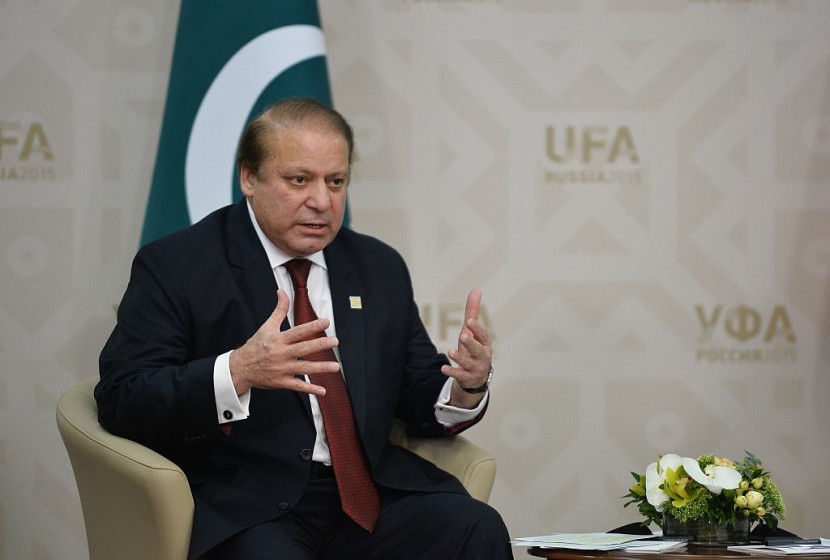
It has been over four years since Nawaz Sharif, the former prime minister of Pakistan, went into self-exile. Now, he is back in the country. The already tense political climate in the country was thrown into disarray just before what promises to be a very contentious national election.
The three-time PM of Pakistan, who was previously deposed in a military coup, arrived at Islamabad airport on Saturday, October 21, according to airport officials.
Sharif was the previous leader of the Pakistan Muslim League (PML-N), a liberal conservative political party that has been one of two dynastic parties to rule Pakistan for decades.
Corruption Charges Against Former Leader
After the Supreme Court ruled against him in 2017 due to corruption charges, Sharif was no longer eligible to hold public office, as reported by CNN.
He was convicted the next year and given a seven-year prison term for corruption, which he vigorously protested. However, his sentence was suspended on medical grounds, allowing him to seek treatment abroad under the condition that he return within four weeks.
After being granted protective bail by a court in Islamabad, he was able to return to Pakistan without fear of being arrested before his scheduled court appearance.
Shehbaz Sharif, the younger brother of Nawaz Sharif, expressed his approval of his brother's bail on Twitter, calling it a "fundamental right."
He argued on X (formerly Twitter), "The elected prime minister, Nawaz Sharif, was disqualified based on a fictitious and fabricated story. He was implicated in absurd cases and subjected to mistreatment. Any fair hearing would have established his innocence."
It was in 2022 when Shehbaz became prime minister. He stayed in office until August, when parliament was dissolved and a caretaker administration was installed ahead of national elections scheduled for early next year.
He assumed control following the removal of Imran Khan, Nawaz's opponent for the prime ministership, who is now imprisoned on corruption accusations.
Political Unrest Swept Over Pakistan
The stakes have just been raised in what is turning out to be a heated race. After ex-PM Khan was deposed, political unrest spread throughout the South Asian country.
Recent months have seen frequent street protests over Khan's departure, rising prices, and disdain for the country's powerful military, which Khan's backers say played a role in his overthrow despite denials from the military.
Pakistan's military has ruled for long periods since the country's independence in 1947, and it still exerts considerable influence today. Sharif has also previously blamed the military for his own demise. He was first deposed in a coup in 1999 and then dismissed as prime minister by a president backed by the military in 1993 before he was finally dismissed in a ruling in 2017.








